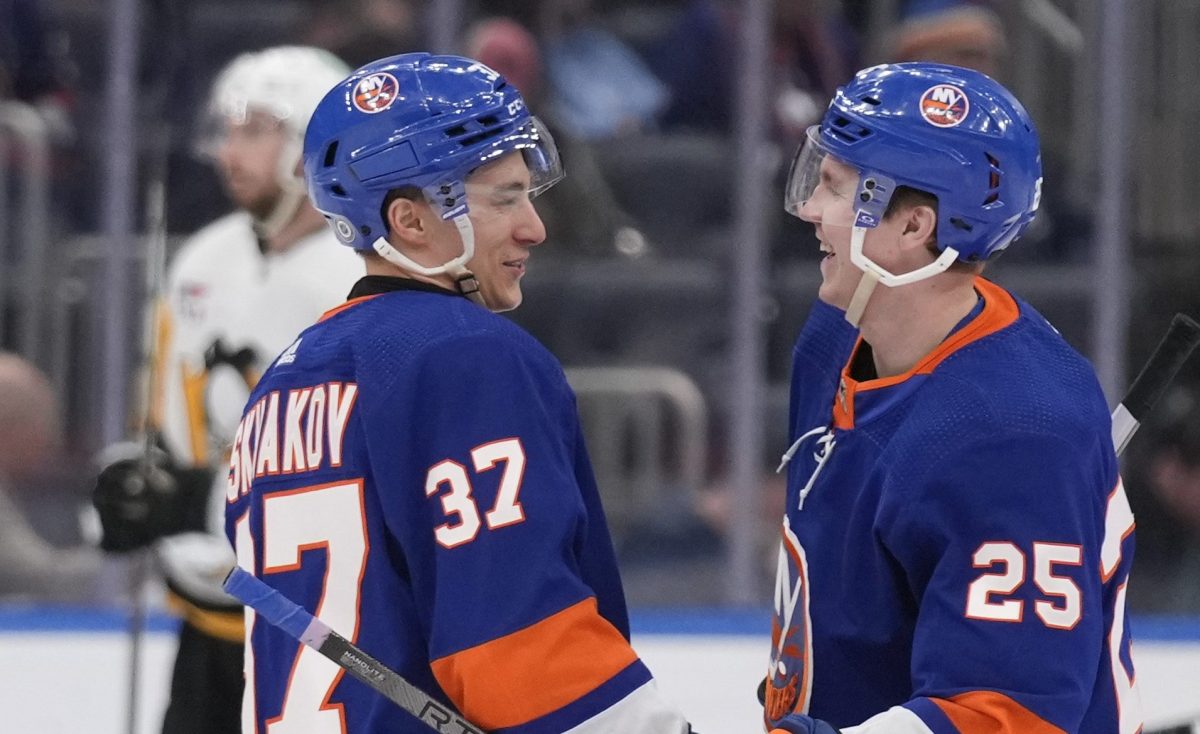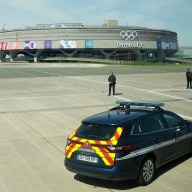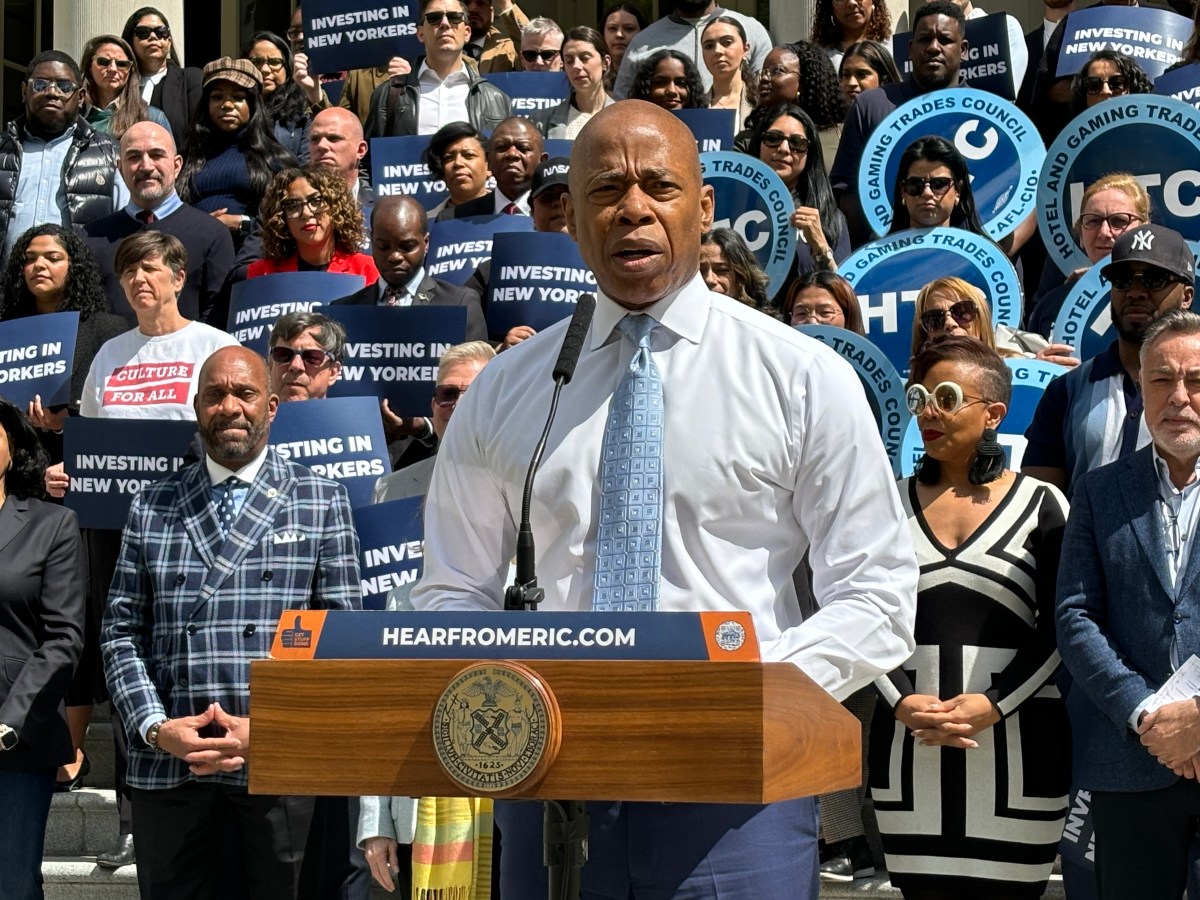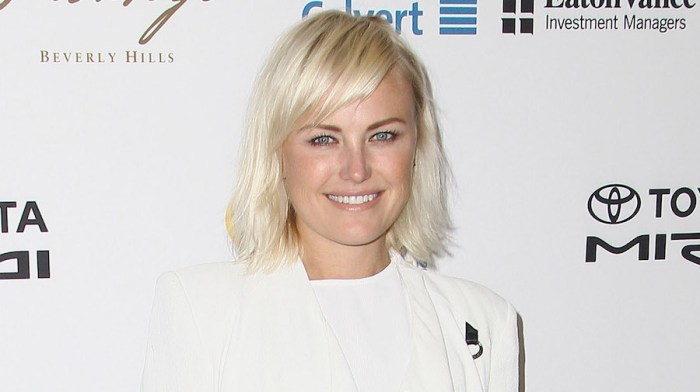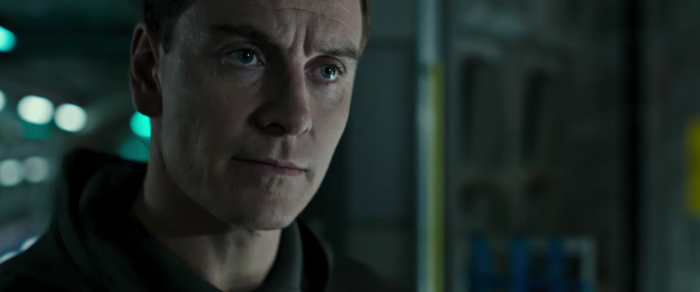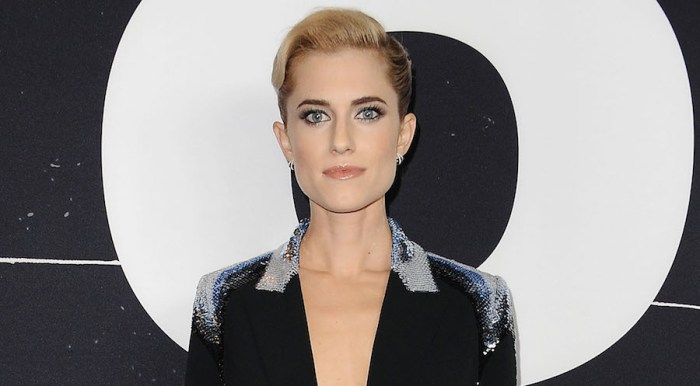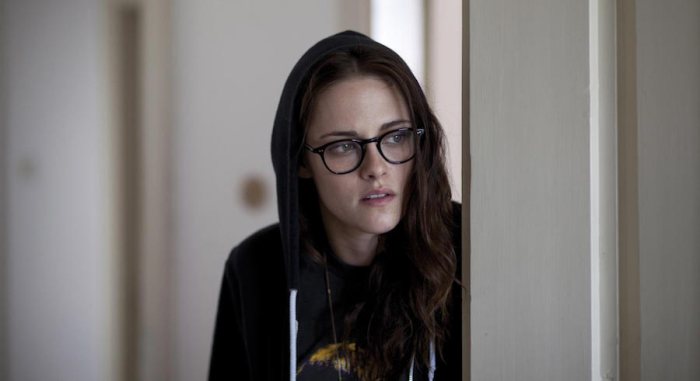The genuinely new is so very hard to find. Even fresh talent owe a debt, sometimes considerably more, to the iconoclasts who came before. So while poring over the potential future filmmaking giants on display at the annual New Directors/New Films, be cautious. We don’t only mean you should dial down your expectations when looking for legitimately original voices. We also mean you should keep an open mind. Some of the films may borrow tricks from established cinematic masters, but when they do they tend to make something new out of bits of the old. For instance, “By the Time it Gets Dark” seems on the surface to have more than a bit of Apichatpong Weerasethakul in its DNA, and not only because filmmaker Anocha Suwichakornpong also hails from Thailand. Like the films of “Joe W.” (lately of “Cemetery of Splendor”), it’s a mysterious shape-shifter that starts off as one thing, then casually turns into another. It too is trippy without dabbling in full-on psychedelics. The story starts with a young filmmaker meeting up with a middle-aged ex-political activist, who’ve retreated to the remote country to talk about her history. It’s hard to explain the curious direction it takes at the midpoint, or even what it’s trying to say. But it’s only superficially Weerasethakul-esque — more somber, more melancholic, less funny yet nearly as transporting. RELATED: Interview: Ewan McGregor and Jonny Lee Miller are not happy about getting older As for “Arabia,” from Brazilian filmmakers Joao Dumans and Affonso Uchoa, the filmmaker it superficially recalls is Portugal’s Miguel Gomes (of the “Arabian Nights” trifecta). It’s an ode to the working man that, like Gomes’ “Tabu,” starts as one movie until it shifts suddenly into a flashback that will eat up the remaining running time. We see a nobody, perpetually ignored by society, move from odd job to odd job, picking up random blue collar trades, falling in love, then realizing that he hasn’t had the opportunities to make much of a life for himself. Starting slow and heavy on long master shots, it abruptly changes into a speedy diary, stopping for hang-out sessions and songs that cry out for someone to notice the working man. Both these films take inspirations only to create original voices. The playful “The Future Perfect” isn’t reminiscent of anyone in particular, and it’s interested in what happens when you mash-up countries that haven’t had much overlap, at least in the movies. Set in Argentina and made by a German director, Nele Wohlatz, it follows a Chinese teenage transplant as she, among other things, finds herself in a relationship with an Indian man. Her tale presented to us as her diaries, but her story starts to unravel once she starts making up outlandish future events, including marriage, poverty and death, until we can no longer know what is truth. Then there’s “Beach Rats,” which sounds like a less esteemed genre: the old coming-out gay indies that clogged Sundance in the ’90s. We follow a young South Brooklynite (Harris Dickinson), whose confidence and wolfpack of bros obscure the fact that he likes to sleep with guys, preferably older ones (he says, because they probably don’t know his friends). We watch him get a girlfriend (Madeline Weinstein) for whom he has no sexual interest, and grapple with the sickness and eventual death of his father. It sounds very old school, but director Eliza Hittman — of the excellent “It Felt Like Love” — does more than give it sensitivity. She dodges or blurs the cliches, keeping her camera close to the action and building to a finale of mysterious poetry that feels just right, somehow. Even in the indieverse, hers is a voice that sticks out as somehow both old and genuinely new. “New Directors/New Films” runs through March 26 at the Film Society at Lincoln Center and the Museum of Modern Art. Visit the site for showtimes and tickets.
What to see at this year’s New Directors/New Films
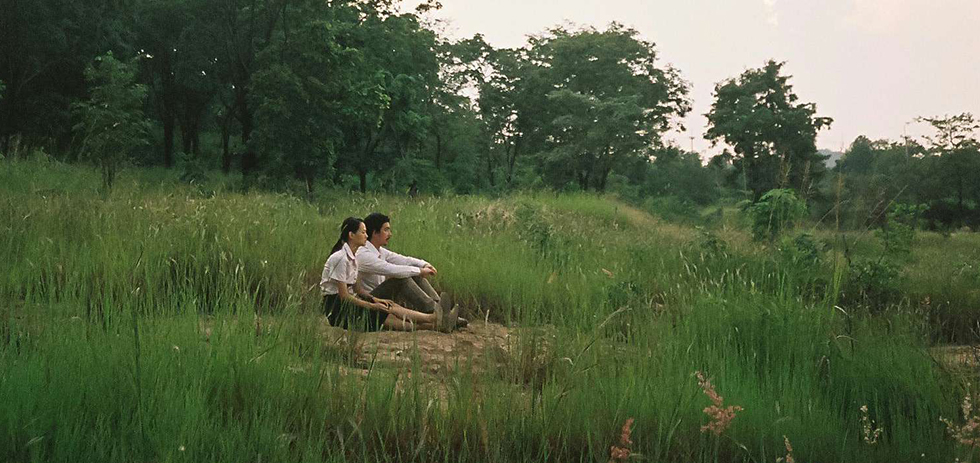
Follow Matt Prigge on Twitter @mattprigge


